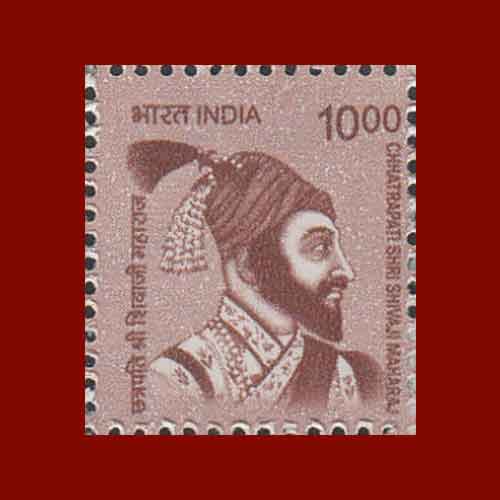Today Chhatrapati Shivaji Maharaj Killed Afzal Khan in Pratapgarh, 1659
2022-11-10 Thu
If a single episode would describe why Shivaji Maharaj is considered a great leader, then it would be the episode of Shivaji Maharaj and Afzal Khan.After the victory of the Battle of Pratapgarh, Shivaji Maharaj sent his envoy to Afzal Khan for negotiations. Afzal Khan played a significant role in arresting Shahaji (Shivaji's father) and killing Sambhaji (Shivaji's elder brother) by treachery. In 1639, he murdered Raja Kasturi Ranga by plotting and planning. He killed Raja Kasturi Khan by inviting him to a meeting where he could safely submit.
Shivaji Maharaj was very well aware of all the tactics of Afzal Khan, so he knew not to trust Afzal Khan. A meeting was arranged between Shivaji Maharaj and Afzal Khan at the foothills of Pratapgarh on November 10, 1659.
Both Shivaji Maharaj and Afzal Khan met and entered the tent. They hugged each other; the 6’7" tall Afzal Khan embraced Shivaji, and then suddenly, the treacherous Khan swiftly drew his hidden dagger and stabbed Shivaji in the back. But the armour under Shivaji's clothes saved him. Shivaji retaliated by using his ‘wagh nakh’ (tiger claws) to slash Khan's stomach and disembowel Khan.
Image Courtesy: colnect.com
Latest News
-
Malwa Sultan Mahmud Shah Silver Coins
2025-09-11 ThuMalwa Sultan Mahmud Shah minted silver coins in round and square flans. <br><br> For round coins,...
-
Malwa Sultan Mahmud Shah Billon coin
2025-08-26 TueMalwa Sultan Mahmud Shah's billon coins followed three weight standards: 100 rati, 96 rati, and 80 r...
-
Fascinating Archaeological Facts on Postage Stamps - 91
2025-08-23 SatRhinoceros is one of the oldest land mammal species existing in India. There are five species of rhi...
-
Fascinating Archaeological Facts on Postage Stamps - 90
2025-08-23 SatUthiramerur, a Village in Kanchipuram, Tamil Nadu, is notable for its Temple inscriptions that descr...
-
Fascinating Archaeological Facts on Postage Stamps - 89
2025-08-21 ThuThe term “millet” is derived from the Latin word “milum,” which translates to grain. millets...

